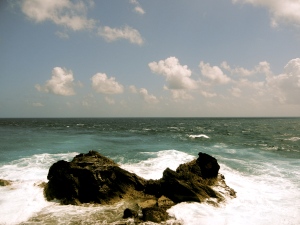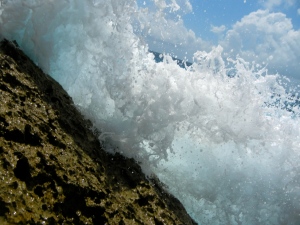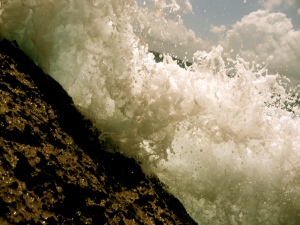By Matthew Gillis
Wikipedia has capitalized on today’s societal idea of shared thinking. What could be more valuable than an encyclopedia that is created and maintained by the one’s experiencing and learning the things they’re writing about?
After signing up for a Wikipedia account, I began looking for photography-related articles that I could knowledgeably contribute to. However, the surprising part of the Wikipedia experience is that you don’t have to know about the articles you want to edit. As Stacy Schiff explains in her article “Know It All,” Wikipedia doesn’t favor the university professor over the high school cheerleader. Like many aspects of the web, anyone can contribute.
However, I found many drawbacks to this collective contribution. As I was reading the photography page, I discovered countless grammatical errors, several biased entries, and numerous inaccuracies. Desiring to contribute to Wikipedia as a member of our shared-thinking culture, I corrected several of the grammatical errors, added information about amateur photography, and removed biased facts about commercial photography.
Before learning more about the process of a wiki site like Wikipedia, I had taken what I read on the site as truthful information, despite many of my teachers’ warnings. I find that to be true with many written and published information. You take what you see at face value, and you believe what you read. I mean, honestly, how many of you have ever questioned the veracity of a newspaper article? But what makes something in writing, whether online or in print, seem worthy of our trust?
I never believed that the edited information I provided was false, which made me surprised to find several of my contributions removed just hours later. While I see the practicality of having an “oversight” function, as Schiff describes, to eliminate vandals and inaccurate information, I was offended to see my work dismissed. Similarly, I am insulted when others edit my photographs to their liking. We gain a certain attachment to the works we create, whether in writing or through photography, and we tend to defend them as if they are the best, most truthful development.
I believe this is why we trust what we read. Once an idea is put into writing or captured on camera, we become attached to the validity of it, because we place high value on the time we took to create it. I think we overextend the idea of valuing effort to other people’s work as well.
Schiff suggests Wikipedia’s “breadth, efficiency, and accessibility” to be the site’s defining features over traditional encyclopedias. However, the reader’s false sense of trust with Wikipedia’s content (created by anyone, including Joe Shmoe) may be creating a culture of misinformed people.




